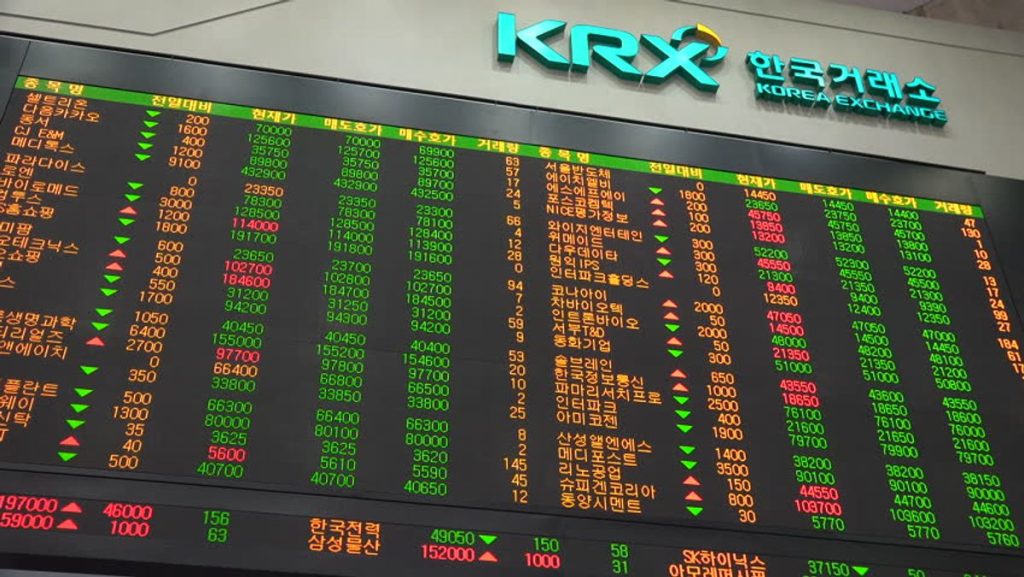Worries about the repercussions from China’s pandemic lockdowns weighed on oil and stock markets on Wednesday, as the yen extended its record losing streak as traders put Japan’s ultra-easy monetary policy to the test.
The Chinese yuan fell to its lowest level since October as the central bank pledged help for the services sector, but it remained volatile as China surprised and disappointed equity investors by refusing to cut lending rates.
As minor losses in Hong Kong (.HSI) and Shanghai (.SSEC) outweighed gains in Sydney, MSCI’s broadest index of Asia-Pacific equities outside Japan (.MIAPJ0000PUS) remained unchanged. The Nikkei (.N225) in Japan erased early gains to end the day 0.5 percent higher.
Futures on the S& P 500 and the Nasdaq declined 0.4 percent and 0.9 percent, respectively.
“COVID lockdowns, shipping delays, and backlogs may have heightened concerns (about China’s trade surplus),” according to Moh Siong Sim, a strategist at the Bank of Singapore.
At the same time, market expectations of a forceful response from US monetary officials are rising, driving US Treasury rates higher and the yen lower.
On Wednesday, benchmark 10-year Treasury rates were just over 3%, and inflation-adjusted yields were positive for the first time since 2020.
If China’s lockdowns spread across supply chains, Minneapolis Fed President Neel Kashkari indicated overnight that the Federal Reserve will “have to do more” to keep inflation down. find out more
The yen, which has fallen at the same time as Japan pledges to maintain the ultra-loose monetary policy and keep government bond yields near zero, sank to a two-decade low on Wednesday and was dragged down by crosses.
At 129.43 per dollar, there were some fears that Japanese government intervention – verbal or otherwise – could spark a rally, but most traders still believe that the path of least resistance is lower.
